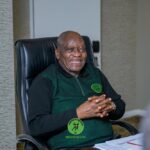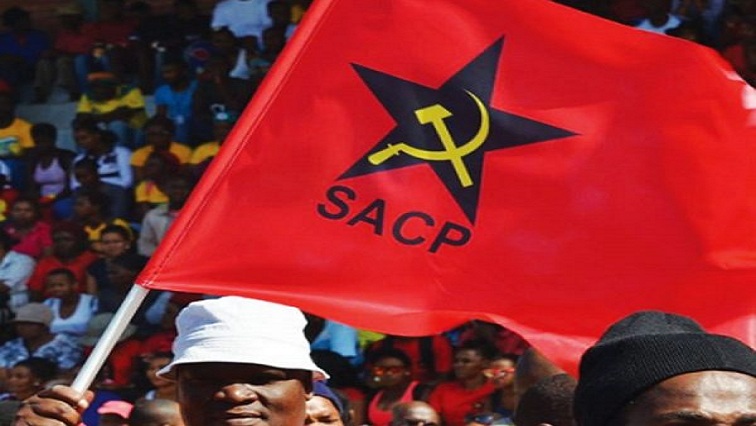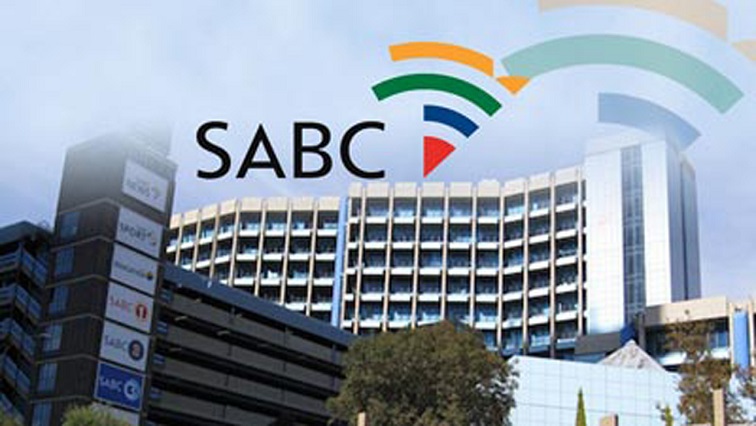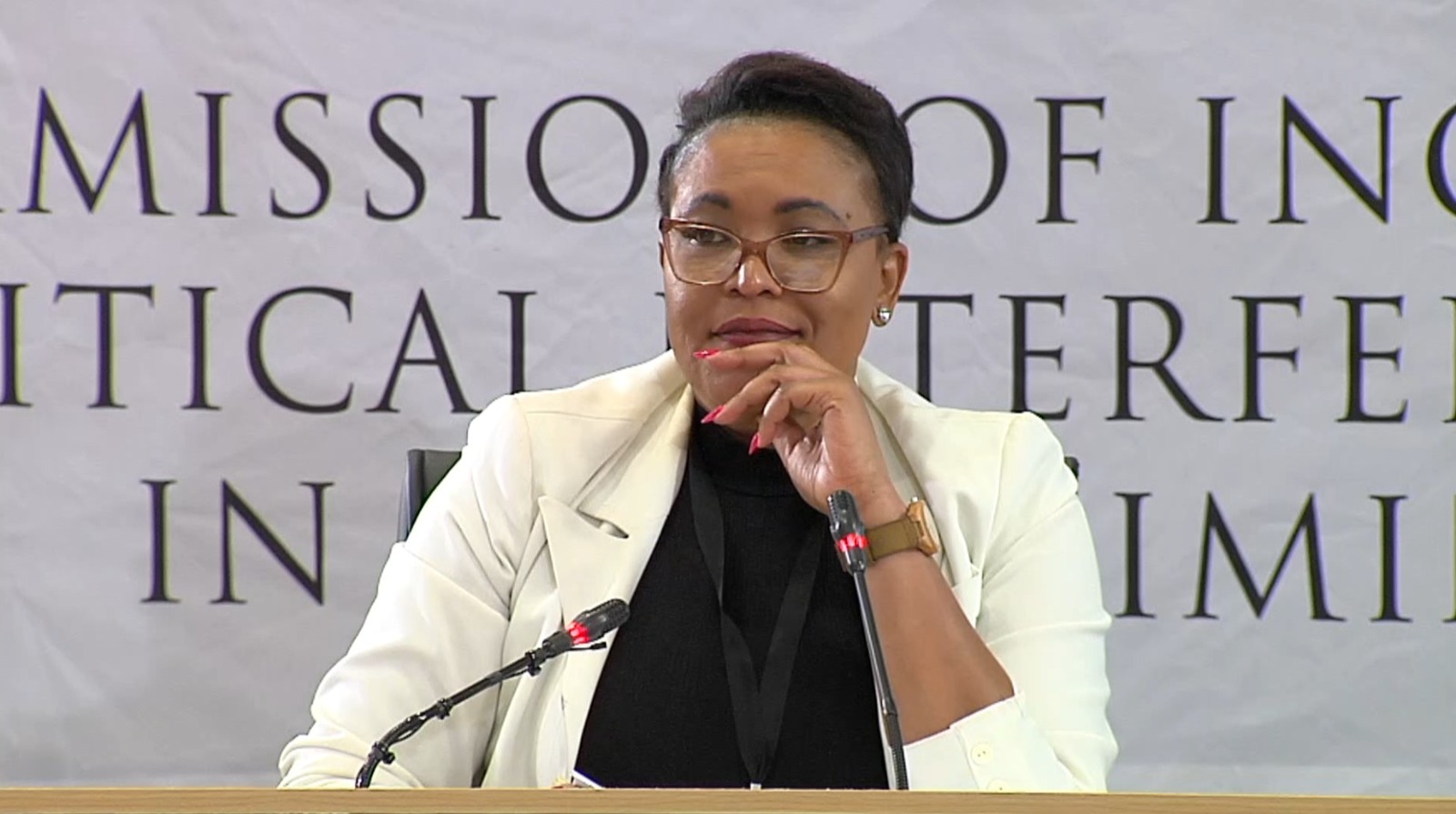As the South African Communist Party (SACP) prepares to contest the 2026 Local Government Elections for the first time, political analyst Dr Levy Ndou warns the party will need to intensify its efforts to gain voter support.
The assessment follows Friday’s bilateral meeting between the SACP and the Congress of Traditional Leaders of South Africa (Contralesa) in Johannesburg, where the parties discussed local governance and traditional leadership issues.
Ndou says these elections are make or break for the ANC-led Tripartite Alliance.
For the first time in South Africa’s democracy, the SACP will go it alone in the upcoming local government elections.
In preparation for this major task, the communist party has turned to traditional leaders first – a key constituency in South Africa’s electorate.
SACP General Secretary Solly Mapaila says the pair will jointly mobilise on issues of land reform – a prominent feature in the country’s polls.
“We have also agreed by the way that our structures after this engagement will be convening joint meetings at provincial levels, to take forward some of the agreements we have reached at this national level and working together to make sure that we save the heroic examples of our forebearers who managed to give us democracy after an anti-imperialist and anti-colonialist struggle stretching more than 370 years,” says Mapaila.
With the party gaining attention outside the tripartite alliance, political analyst Dr Levy Ndou says the SACP still has work to do to gain support from voters on the ground.
“Having started with traditional leaders could be one of the strategies that the SACP is utilizing to connect with the grassroots. My view is that you need the SACP that is rooted in the communities. You need the SACP that has got strong branches. You need the SACP that is able to field candidates that are going to be able to talk the language of the people and, indeed, respond to the challenges of the people on the ground.”
On matters of the tripartite alliance, Dr Ndou says these elections may either make or break the long-standing relationship with the ANC.
On Friday, 9 May 2025, the #SACP held a bilateral engagement with the Congress of Traditional Leaders of South Africa (CONTRALESA), led by its General Secretary, Cde Solly Mapaila, and CONTRALESA President, Kgosi Mathupa Mokoena. pic.twitter.com/5dd43Vuosb
— SACP (@SACP1921) May 10, 2025
“This move by the SACP has the potential to threaten the support base of the ANC. Therefore, it means that both the ANC and the SACP will be fishing in the same pond. That has serious implications for the alliance. Beyond the elections, if the ANC and the SACP find themselves having representatives in a ward, it could strengthen their alliance within government because they’ve not said anything about abandoning the alliance.”
Despite this latest strategy, Dr Ndou adds that it will ultimately come down to the candidates that the SACP puts forward in the elections, which will determine if they can win the support from respective voters.











